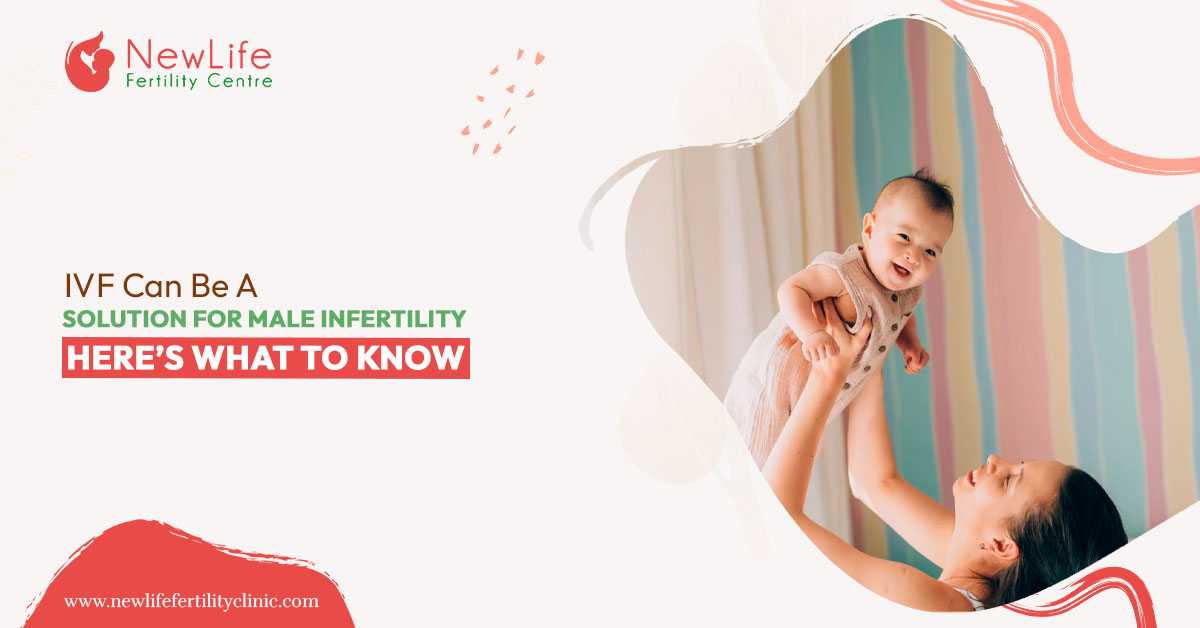Infertility is a matter of embarrassment for many. The fact that they cannot conceive on their own becomes a boon for them. The infertile men or infertile women are considered as unfit for society.
Couples or individuals facing infertility strive against many ailments within themselves and the societal acknowledgements add to their difficulties.
However, this social stigma is diminishing with the increase in technology. Today, there are a number of solutions for the disturbing issue of infertility. The good news is that the various treatment options for infertility helped to transform the mindset of those who saw it as an irreversible disease.
The various treatment options for infertility
Medicines are a vital part of any treatment and healing. Fertility drugs are the medications that work for treating certain infertility issues. Depending on your condition, the doctor prescribes you medicines. Sometimes, fertility drugs are sufficient to help you come out of pregnancy issues.

These drugs work in women by stimulating the hormone release, which eventually triggers the ovaries to release eggs. Medications and fertility drugs help women heal problems with ovulation. Physiotherapy can also be recommended for better blood flow.
In case of male infertility, medications help to treat problems with ejaculation and erections. In addition to this, there are various hormones injected as shots to stimulate ovulation.
The fertility drugs are important even if you are going through other methods of fertility treatment.

Some of the infertility conditions require treatments by surgical methods. The infertility specialists will test your body thoroughly and they will use the surgical procedure in the following conditions.
- Blocked fallopian tubes
- Endometriosis
- Polycystic ovarian syndrome (PCOS)
- Scar tissues (Adhesive diseases)
Types of surgery
- Hysteroscopy- It is the surgical method to examine the abnormalities of the uterus. It involves the scan of the uterine cavity, endometrial mucus and cervix. The doctor can analyze the cause clearly.
- Tubal surgery- It is the surgery done to remove any blockages in the fallopian tube.
- Laparoscopy- It is a minor surgery done by making a small cut or incision to observe the inner abdominal organs. It is helpful in treating scar tissues and endometriosis
- Vasovagal surgery- It is done in men with blockages in the vas deferens (the tube that carries sperm)

It is one of the most effective treatments for infertility. It also has high success rates. The process of artificial insemination involves injecting or inserting the sperm directly into the woman's uterus or cervix.
A doctor might advise going ahead with the treatment after 12 months of trying unprotected intercourse if the woman is younger than 35 and 6 months of trying naturally if she is elder than 35.
Artificial insemination is carried out in the following conditions-
- Low sperm count
- Poor sperm quality and motility
- Endometriosis
- Unreceptive cervical mucus
- Unexplained infertility
The most common type of artificial insemination-

IUI is the procedure in which the washed sperm is directly injected into the uterus. It gives the sperm a fast push to reach the egg. The success of intrauterine insemination depends on the woman's age, medications and intensity of the infertility problems.

Assisted Reproductive technology involves the treatment of infertility dealing with both the eggs and sperm. It includes the utilization of high-tech technologies and laboratory techniques.
In Vitro Fertilization (IVF) is the most common Assisted Reproductive Technology (ART).
The process of IVF is used in certain conditions.
- Male infertility (male factor)
- Blocked fallopian tubes
- Severe endometriosis
- Premature ovarian failure
- Uterine fibroids
- Hereditary related infertility
- Unexplained infertility
In Vitro Fertilization (IVF) is a very successful technique to treat infertility. The eggs and sperm are fertilized outside the mother's womb in this procedure.
Process of IVF
- The retrieval of good quality eggs from the mother's ovary takes place and placed in a petri-dish or glass tube.
- Mixing of sperm and eggs
- Embryos are formed after 3-5 days
- More than one embryo is transferred into the mother's uterus.
- Pregnancy is confirmed on successful implantation of the embryos in the lining of the uterus.
Other Assisted Reproductive technologies
- Intracytoplasmic Sperm Injection (ICSI) (sperm injected directly into the egg during IVF)
- Ovum donation, Ovum sharing and Surrogacy support
- Frozen embryo transfer (FET)
- Semen donation

- Blastocyst culture
- Pre-implantation Genetic diagnosis (PGD)
- Pre-implantation Genetic Screening (PGS)
- Endometrial Receptivity Array(ERA)
- Testicular Sperm Aspiration(TESA)
- LASER Assisted Zona Hatching
- Embryo Cryopreservation
- Genetic Counseling
- Transvaginal Ultrasound Follicle Monitoring(TVS)
- Advanced modular lab
Your treatments will depend on the cause of your infertility. Facing infertility? Find the best doctor in your region for further diagnosis and guidance.






